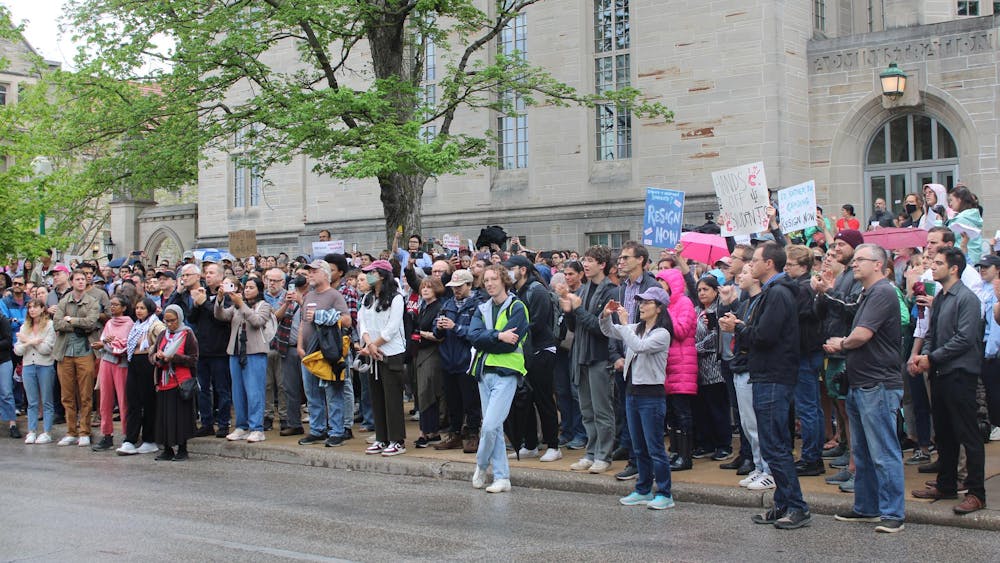After almost 20 years of researching and providing assistance for HIV/AIDS patients, IU professor of medicine Dr. Joseph Mamlin is being recognized for his contributions, along with 180 other candidates nominated for the 2007 Nobel Peace Prize.\nMamlin was nominated by political science professors Scott Pegg of IU-Purdue University Indianapolis and David Mason of Butler University for Mamlin’s medical work with HIV and AIDS and contributions to fight hunger in western Kenya.\nThe Nobel Peace Prize awards those who have made great contributions to humanity, according to Nobel’s Web site. Past nominees include Mahatma Gandhi, the International Red Cross, Mother Teresa and Martin Luther King Jr. since the prize’s origin in 1901. Termed “laureates,” recipients are chosen by a committee of five people, selected by the Norwegian Parliament, or Storting. Laureates, who are selected in October, receive their award Dec. 10 in Oslo, Norway. Winning the award includes the receipt of a 24-karat gold medal, a diploma and a prize of 10 million Swedish kroner, or about $1.45 million.\nThe nomination has come as a result of Mamlin’s program “The Academic Model for Prevention and Treatment of HIV/AIDS,” a joint effort by IU School of Medicine and Moi University School of Medicine in Kenya, according to the nomination letter.\nThe program treats more than 43,000 patients in western Kenya and operates farm and food programs to educate thousands of people of the importance of good nutrition. The program teaches patients to become self-sufficient, and is replicable within the developing world, the letter said. The program is designed to prepare Africans to survive disease and starvation.\nMamlin began the program after he and his Kenyan colleagues discovered that a Kenyan medical student was severely infected with untreated AIDS, according to the letter. After treating their first patient with anti-retroviral medications, Mamlin collaborated with his Kenyan colleagues to develop a health care system for the poor of western Kenya in 1989.\nNineteen satellite clinics are now established and have enrolled 43,000 patients to be treated continually, said Director of Operations and Development Fran Quigley.\n“About half of the people enrolled receive anti-retroviral medications, because their disease has progressed so far to that point,” Quigley said. “Anti-retroviral medications actually bolster the immune system and can bring an HIV-positive person back to the point of being symptom-free.”\nQuigley further explained the benefits of Mamlin’s treatment facilities for people with HIV. “(The patients) start to gain weight, and the infection becomes a chronic disease that is manageable,” he said.\nMamlin’s program receives $12 million a year, Quigley said. Most of the money comes from the U.S. government’s “President’s Emergency Fund for AIDS Relief,” although Quigley mentioned that many generous private donors, businesses and church congregations have donated to the cause.\n“AIDS is history’s most deadly pandemic in that area in the early 20th century,” Quigley said. “As a result, we’ve taken on AIDS and provide treatment not just in a way of drugs, but with emergency food and agriculture assistance.”\nInformation regarding donations, clinical elective participation and student exchange programs is available by contacting program manager Ron Pettigrew at rpettigr@iupui.edu.
Professor receives Nobel Peace Prize nomination for 2007
Get stories like this in your inbox
Subscribe





